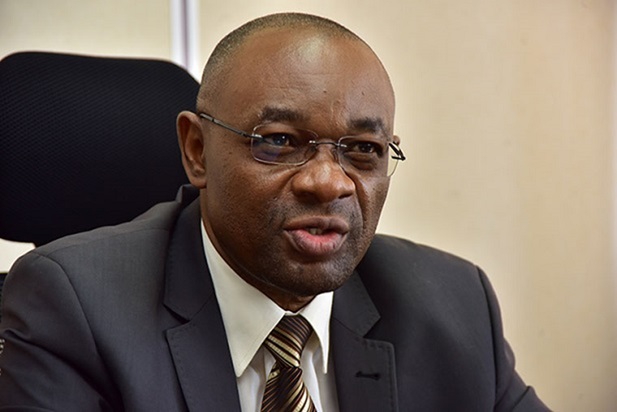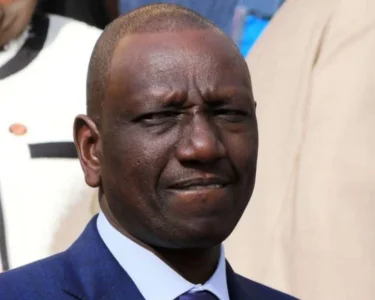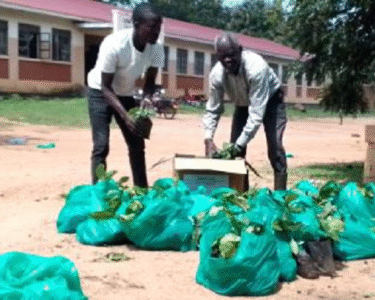Kampala | Parliament – Five years after the creation of 15 new cities across Uganda, most remain far from functional, crippled by weak governance, staffing shortages, poor funding, and unresolved infrastructure gaps.
On Tuesday, 5 August 2025, Parliament debated a report by the Committee on Government Assurances and Implementation that revealed the extent of the crisis. The report shows that out of the 15 approved cities (2020–2023), only 10 are partially operational, while five—Kabale, Moroto, Nakasongola, Entebbe, and Wakiso—are yet to begin operations.
“Government Has Not Fulfilled Its Promise”
Presenting the report, Committee Chairperson Abed Bwanika (NUP, Kimanya–Kabonera Division) faulted government for failing to deliver on its pledge.
“To a larger extent, government has not implemented this assurance to fully operationalise the newly created cities,” he said.
Bwanika highlighted a cocktail of challenges: absence of regulations, delays in gazetting district headquarters, non-functional statutory bodies, and unresolved asset-sharing disputes with mother districts.
The staffing crisis is especially dire. Masaka City, for example, operates at just 32% of its approved staffing structure, despite Cabinet clearance of staff positions in 2022. Statutory bodies such as City Service Commissions and Land Boards remain severely underfunded, with Mbarara’s commission receiving a mere Shs18 million for the entire 2022/23 financial year.
Most cities also lack approved Physical Development Plans, fueling conflicts over land and allegations of fraudulent sales.
Minister Magyezi Seeks One Month
In response, Local Government Minister Raphael Magyezi admitted to the failings and committed to urgent action.
“We agree with the committee report and fully embrace their recommendations,” he said. “Since most of the recommendations give us 30 days for implementation, I request one month to focus on this work and return with progress.”
Magyezi pledged to address critical issues including:
-
Gazetting of district headquarters
-
Clear asset-sharing guidelines
-
Staffing structures and remuneration harmonisation
-
Waste management and road equipment
-
Drafting legislation to govern city operations
He also promised updates on city financing and revenue collection.
Speaker Anita Among granted the extension but stressed accountability:
“We need an action-taking report, not just words,” she said.
MPs Raise Alarms Over Service Failures
While welcoming the report, MPs voiced frustration at the slow pace of urban development.
-
Karim Masaba (Independent, Mbale City) decried Mbale’s garbage crisis, describing heaps of waste at Doko dumpsite as an embarrassment: “When you enter Mbale, you are welcomed by garbage. It is not a good picture.” He also raised concerns about the high cost of maintaining borrowed road equipment.
-
John Baptist Nambeshe (NUP, Manjiya County) criticised poor fund absorption, citing the Auditor General’s December 2023 report which showed Shs427 billion allocated to cities, but over Shs41 billion returned unused.
-
Silas Aogon (Independent, Kumi Municipality) flagged the urban water crisis, noting restrictions on borehole construction despite inadequate piped water coverage.
Speaker Among clarified that boreholes could still be developed with National Water and Sewerage Corporation approval.
The Road Ahead
The creation of new cities was meant to spur growth, decentralise services, and modernise Uganda’s urban landscape. Yet five years later, the dream remains largely unfulfilled. The next 30 days, as pledged by Minister Magyezi, could prove pivotal in determining whether these cities finally begin to function—or remain paper declarations.






